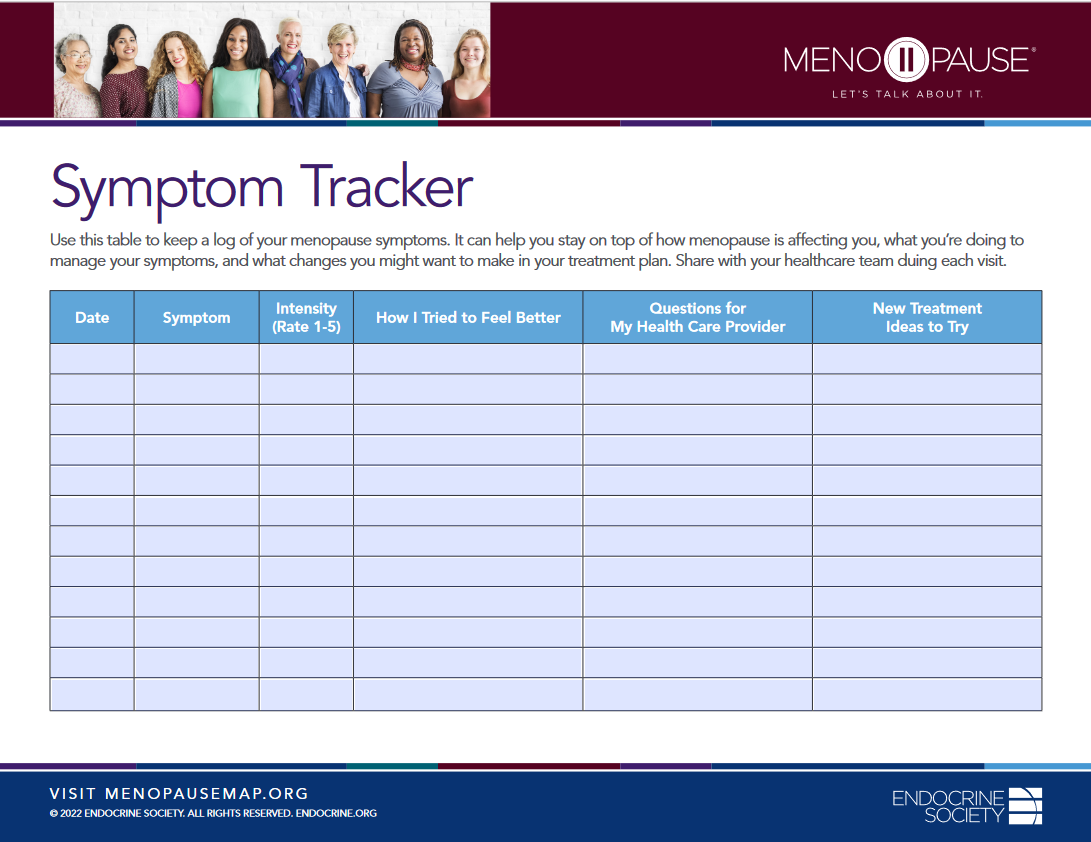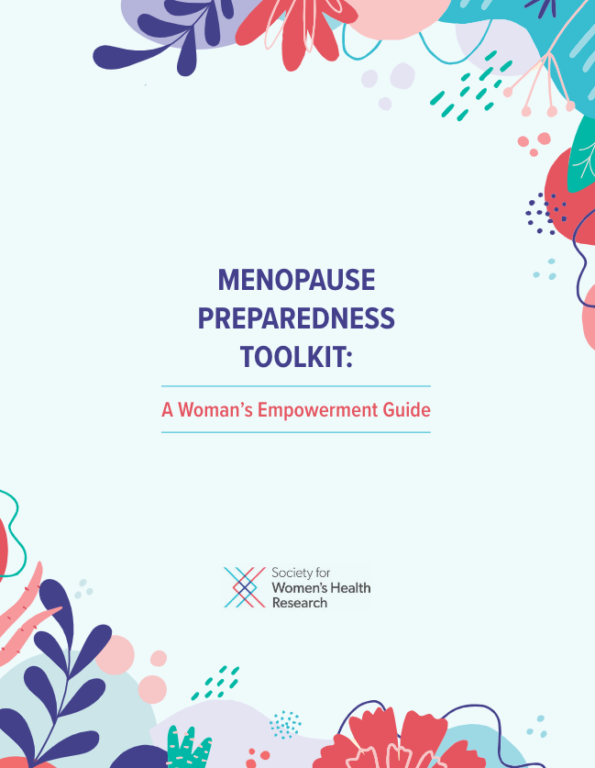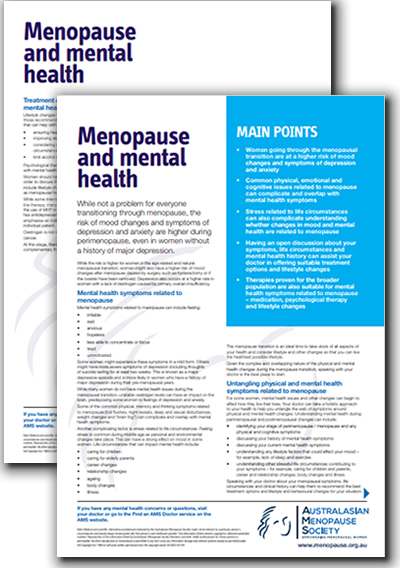“Self-esteem relates to how we think
and feel about ourselves,
and how much value you think you have as a person”.1
Umbrella
What may the Menopause Self-Esteem Umbrella include?
Depending on the Source (DotS) this Umbrella may include:
- Self-Esteem
- Self-Image
Self-Esteem
What is self-esteem?
DotS the definition of self-esteem may vary. The (Scottish) NHS Inform’s definition is:
“Self-esteem relates to how we think and feel about ourselves, and how much value you think you have as a person. Your self-esteem can affect how you view achievements and setbacks, so if you have low self-esteem, for example, you’re likely to focus more on your setbacks than your successes. People with low self-esteem often ignore their own achievements and positive things about themselves, and criticise themselves even when there’s no reason to”.2
Self-Image
What is self-image?
DotS the definition of self-image may vary. The (United States) Cleveland Clinic’s definition is:
“Self-image is the personal view, or mental picture, that we have of ourselves. Self-image is an “internal dictionary” that describes the characteristics of the self, including such things as intelligent, beautiful, ugly, talented, selfish, and kind. These characteristics form a collective representation of our assets (strengths) and liabilities (weaknesses) as we see them”.3
Thoughts
Is there an association between thoughts and self-esteem?
The Cleveland Clinic notes:
 “The image we see in the mirror may be a real or distorted view of who we really are. Based on this view, we develop either a positive or a negative self-image. The strengths and weaknesses we have adopted affect how we act today. We continually take in information and evaluate ourselves in several areas, such as physical appearance (How do I look?), performance (How am I doing?), and relationships (How important am I?)”.4
“The image we see in the mirror may be a real or distorted view of who we really are. Based on this view, we develop either a positive or a negative self-image. The strengths and weaknesses we have adopted affect how we act today. We continually take in information and evaluate ourselves in several areas, such as physical appearance (How do I look?), performance (How am I doing?), and relationships (How important am I?)”.4
Increasing Self-Esteem
How may self-esteem be increased?
In Fostering A Positive Self-Image: Specific Steps To Develop A Positive Self-Image the Cleveland Clinic include:
- “Take a self-image inventory
- Make a list of your positive qualities
- Ask significant others to describe your positive qualities
- Define personal goals and objectives that are reasonable and measurable
- Confront thinking distortions
- Identify and explore the impact of childhood labels
- Refrain from comparing yourself to others
- Develop your strengths
- Learn to love yourself
- Give positive affirmations
- Remember that you are unique
- Remember how far you have come”.5
In Self-Esteem: Take Steps To Feel Better About Yourself – 3. Accept Your Thoughts the Mayo Clinic elaborate on steps to boost self-esteem based on cognitive behavioral therapy and steps to try based on acceptance and commitment therapy, while reminding us:
“These steps might seem awkward at first. But they’ll get easier with practice. Recognizing the thoughts and beliefs that affect low self-esteem allows you to change the way you think about them. This will help you accept your value as a person. As your self-esteem increases, your confidence and sense of well-being are likely to soar”.6
Challenging the Critic
How can we switch off the critic in our heads?
In Self-Esteem Self-Help Guide. Section 16 of 21. 16. Challenging the Critic the NHS Inform elaborate on:
“People with low self-esteem often carry around a ‘critic’ in their heads – like an unpleasant voice repeating negative thoughts and ideas. Part of increasing your self-esteem is learning to challenge and silence that critic, and replace their voice with positive and encouraging thoughts”.7
Health Care Provider
What if I would like help with my self-esteem?
If you would like help with your self-esteem, it may be in your best interest to choose to talk to your health care provider about this. Together you can discuss your options and if required, agree on who may be the most appropriate health care provider to help you.
Health Topics A-Z
Where may I find Health Topics A-Z related to Menopause Self-Esteem?
In Health Topics A-Z you may find:
Links
Where may I find Links related to Menopause Self-Esteem?
Your Country may have Links similar to:
Links
This Links List to third party websites is neither comprehensive nor exhaustive. Inclusion on this Links List does not imply endorsement or recommendation. Non-inclusion on this Links List does not imply non-endorsement or non-recommendation. Third party websites are not under the control of Meno Martha International Menopause Directory. Third party websites may contain explicit medical images and/or sexual references. Please read Meno Martha International Menopause Directory’s Links Policy before proceeding to a Link. Please contact Webmaster if you experience a problem with a Link.New or Updated
- A New Way To See Problems As Fixable, Not Insurmountable [06 February 2024]
- Menopause Checklist Podcast
- Self-Esteem: Take Steps To Feel Better About Yourself
- Self-Love: Why It’s Important and What You Can Do To Love Yourself
- Video Series-2023: Premature and Early Menopause
- Video Series-2024: Preparing for Your Menopause Health Care Visit
- 5 Steps To Mental Wellbeing
- 5 Ways To Cope With Menopausal Mood Swings
- 6 Ways To Build A Healthy Self-Image
- ACOG Explains: Managing Menopause Symptoms [American College of Obstetricians and Gynecologists]
- Anxiety
- Askearlymenopause.org [Ask EM] [+ Video: What Is Early Menopause?]
- BMS Statement on Testosterone
- BMS TV: Menopause Explained
- BMS TV: Menopause – Weight Gain, Nutrition and Lifestyle
- BMS TV: Testosterone Explained
- Constantly Down on Yourself? How To Stop Negative Self-Talk
- Deciding About Hormone Therapy Use
- Depression and the Menopause
- Dr. Louise Newson Breaks Down The Menopause & Lisa Snowdon Shares Her Experience | This Morning
- Emotional Wellness In Menopause
- FAQs: The Menopause Years
- Find A Menopause Practitioner [United States and Other]
- Find An AMS Doctor [Australasian Menopause Society i.e. Australia and New Zealand]
- Find Your Nearest BMS Menopause Specialist [British Menopause Society]
- Fostering A Positive Self-Image
- Getting Help for Mental Health
- Home Remedies: Anxiety and Herbal Remedies
- Hot Flashes: What Can I Do? [+ Video: What Are the Signs and Symptoms of Menopause?]
- How To Manage and Reduce Stress
- Is Menopause Making Me Put on Weight? No, But It’s Complicated
- Joint Position Statement By the British Menopause Society, Royal College of Obstetricians and Gynaecologists and Society for Endocrinology on Best Practice Recommendations for the Care of Women Experiencing the Menopause
- Later Years (Around 50 Years and Over): Menopause and Post Menopause Health – Menopause and Your Mental Wellbeing [+ Video: Menopause Only Affects You Physically!]
- Later Years (Around 50 Years and Over): Menopause and Post Menopause Health – Signs and Symptoms of Menopause [+ Video: Talking Menopause With Your GP]
- Later Years (Around 50 Years and Over): Menopause and Post Menopause Health – Supporting Someone Through the Menopause [+ Video: Men Don’t Need To Know About Menopause]
- Let’s Talk About Perimenopause
- Looking After Yourself: Emotional Wellbeing
- Managing Menopause
- Managing Your Symptoms: Managing Mood and Emotional Health
- Mastering Midlife Mood Changes With Marlene Freeman, MD
- Mayo Clinic Minute: How Lifestyle Changes May Help Manage Menopause Symptoms [+ Video]
- Mayo Clinic Minute: Prescribing Nature for Mental, Physical Health [+ Video Courtesy: Mayo Clinic News Network]
- Mayo Clinic Q and A: Perimenopause Transitions and Concerns
- Menopausal Hair Loss – More Than ‘A Bad Hair Day’
- Menopause
- Menopause
- Menopause
- Menopause Checklist Podcast
- Menopause: Understanding the Changes and Finding Relief | Dr Susan Davis | The Proof Podcast EP 256
- Menopause Map: Downloadable Resources – My Personal Path Print Tools: Questions for Your Health Care Provider

- Menopause Map: Downloadable Resources – My Personal Path Print Tools: Symptom Tracker

- Menopause Mindfulness: Embracing the Change of My Midlife
- Menopause Patient Information [Videos] 2. Talking To Your GP About Menopause
- Menopause Patient Information [Videos] 5. Lifestyle Advice In Menopause & Perimenopause
- Menopause Preparedness Toolkit Video Series: Lifestyle Tips for Menopause Wellness
- Menopause Preparedness Toolkit Video Series: Mindfulness & Wellbeing During the Menopause Transition
- Menopause Preparedness Toolkit: A Woman’s Empowerment Guide
 Menopause Symptoms: Mayo Clinic Expert Outlines Hormone and Nonhormonal Therapies
Menopause Symptoms: Mayo Clinic Expert Outlines Hormone and Nonhormonal Therapies- Menopause Treatments: What Works, What Doesn’t
- Menopause What Are the Symptoms?
- Menopause and Mental Health
- Menopause and Mind Health
- Menopause, Perimenopause, Hormone Therapy and Other Treatments With Madelyn Butler, MD [Podcast]
- Menopause: Ensuring A Tranquil Transition
- Menopause: Symptoms & Causes
- Menopause: Things You Can Do
 Menopause: Understanding the Changes and Finding Relief | Dr Susan Davis | The Proof Podcast EP 256
Menopause: Understanding the Changes and Finding Relief | Dr Susan Davis | The Proof Podcast EP 256- Mental Health
- Mental Health: Mental Health Self Help Guides
- Mental Health: What’s Normal, What’s Not
- Mood Changes During Perimenopause Are Real. Here’s What to Know
- Mood and the Menopause
- Mymenoplan.org [My Menoplan, United States]
- Navigating Menopause Together: How Partners Can Help
- Navigating Menopause: Expert Insights and Solutions | Dr Susan Davis | The Proof Podcast EP 245
- Perimenopause
- Perimenopause
- Perimenopause and Menopause Symptom Checklist

- Resilience: Build Skills To Endure Hardship [+ Video]
- Self Care Week 2023 [13-19 November]
- Self-Esteem
- Self-Esteem Self-Help Guide
- Self-Esteem: How can I Improve My Self-Esteem
- Self-Esteem: Take Steps To Feel Better About Yourself
- Self-Help Tool: Menopause and Mental Wellbeing
- Self-Love: Why It’s Important and What You Can Do To Love Yourself
- Sleep, Food, Exercise, Stress: Why Working on One of These Can Improve the Others
- Supporting A Loved One Through Menopause
- Taking Care of Your Mental Health
- The Truth About Menopause Supplements | Dr Sarah Berry
- Tips To Help Manage Menopause Symptoms
- Top Tips To Improve Your Mental Wellbeing
- Types of Talking Therapies: Cognitive Behavioural Therapy (CBT)
- Using Natural Therapies In the Menopause Transition – Webinar
- Video Series-2023: NAMS 2023 Nonhormone Therapies Position Statement for Bothersome Menopause Symptoms
- Video Series-2023: New FDA-Approved Nonhormone Option for the Treatment of Hot Flashes
- Video Series-2023: Premature and Early Menopause
- Video Series-2024: Preparing for Your Menopause Health Care Visit
- Videos and Podcasts: Videos – Interviews: A Simple Approach To Menopause: The Menopause Quick Six (www.MQ6.ca)
- Videos and Podcasts: Videos – Interviews: The Menopause Blues
- Videos and Podcasts: Videos – Interviews: What Women Should Know About Menopause and Brain Fog
- Webinars: Previous – Brain Teasers: Challenges In the Cranium
- What Doctors Wish Patients Knew About Menopause
- What Everyone Should Know About Menopause Symptoms
- What Is Menopause? [+ Video]
- Why Didn’t Anyone Tell Me This? Episode 3: Dr Annice Mukherjee: Your Essential Menopause Toolkit
Sources
Where may I find the Sources quoted?
You may find the Sources quoted at:
Sources
- Self-Esteem Self-Help Guide. Section 2 of 21. 2. What Is Self-Esteem? Last Updated: 27 May 2021. NHS Inform https://www.nhsinform.scot/illnesses-and-conditions/mental-health/mental-health-self-help-guides/self-esteem-self-help-guide Accessed: 10 February 2024
- Self-Esteem Self-Help Guide. Section 2 of 21. 2. What Is Self-Esteem? Last Updated: 27 May 2021. NHS Inform https://www.nhsinform.scot/illnesses-and-conditions/mental-health/mental-health-self-help-guides/self-esteem-self-help-guide Accessed: 10 February 2024
- Fostering A Positive Self-Image – What Is Self-Image? This Document Was Last Reviewed on: 24 November 2020 Cleveland Clinic https://my.clevelandclinic.org/health/healthy_living/hic_Stress_Management_and_Emotional_Health/hic_Fostering_a_Positive_Self-Image Accessed: 10 February 2024
- Fostering A Positive Self-Image: How Is Self-Image Developed? This Document Was Last Reviewed on: 24 November 2020. Cleveland Clinic https://my.clevelandclinic.org/health/healthy_living/hic_Stress_Management_and_Emotional_Health/hic_Fostering_a_Positive_Self-Image Accessed: 10 February 2024
- Self-Esteem Self-Help Guide. Section 16 of 21. 16. Challenging the Critic. Last Updated: 27 May 2021. NHS Inform https://www.nhsinform.scot/illnesses-and-conditions/mental-health/mental-health-self-help-guides/self-esteem-self-help-guide Accessed: 10 February 2024
- Self-Esteem: Take Steps To Feel Better About Yourself – 3. Accept Your Thoughts. 06 July 2022. Mayo Clinic https://www.mayoclinic.org/healthy-lifestyle/adult-health/in-depth/self-esteem/art-20045374 Accessed: 10 February 2024
- Fostering A Positive Self-Image: Specific Steps To Develop A Positive Self-Image. This Document Was Last Reviewed on: 24 November 2020. Cleveland Clinic https://my.clevelandclinic.org/health/healthy_living/hic_Stress_Management_and_Emotional_Health/hic_Fostering_a_Positive_Self-Image Accessed: 10 February 2024



